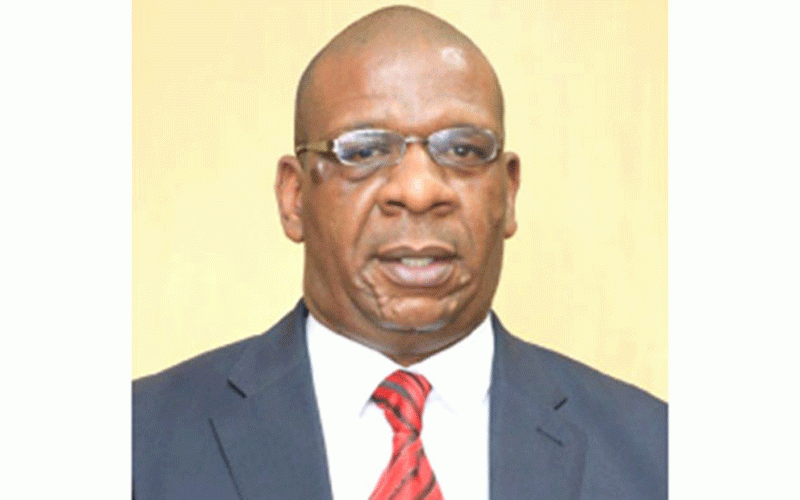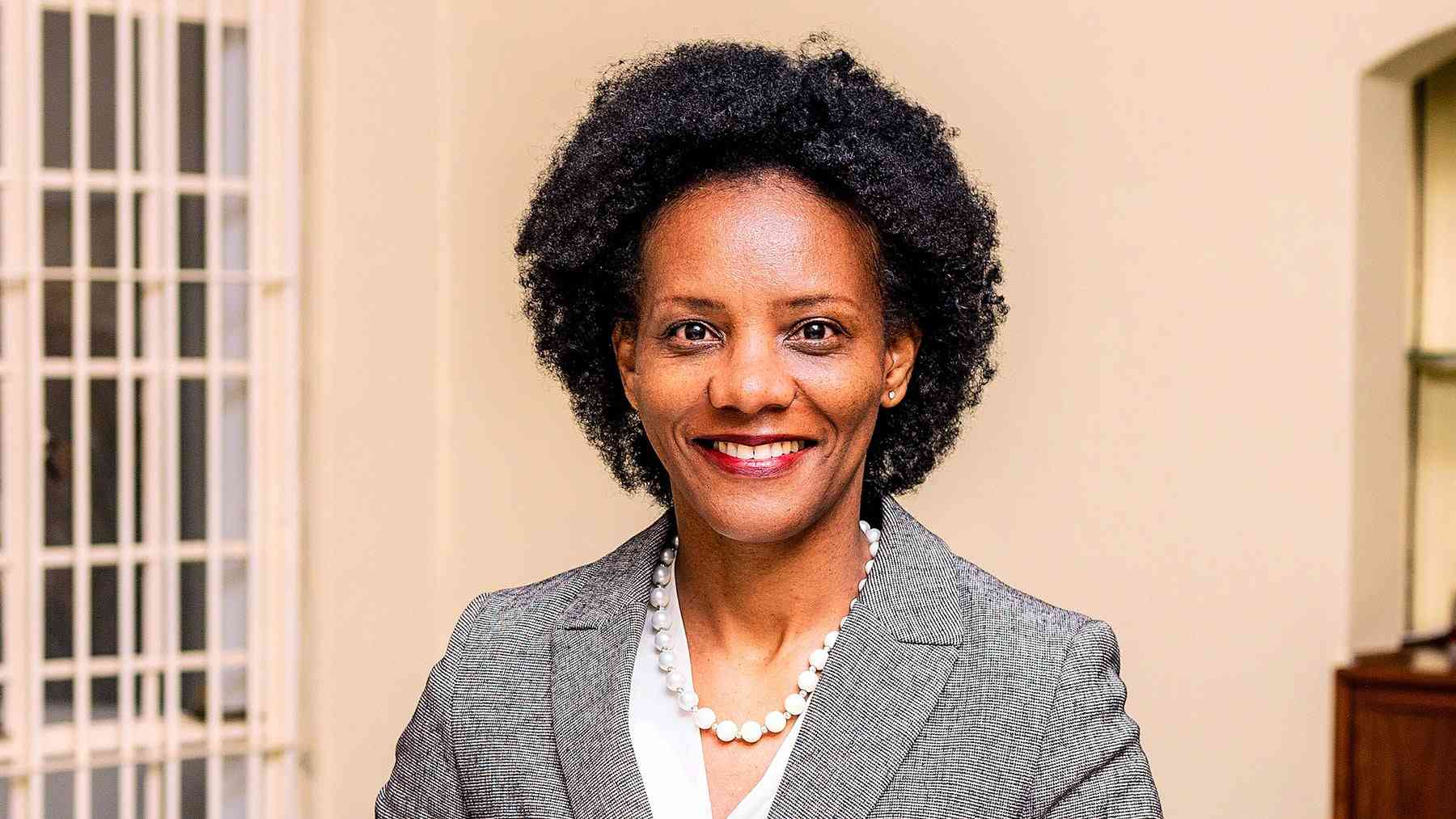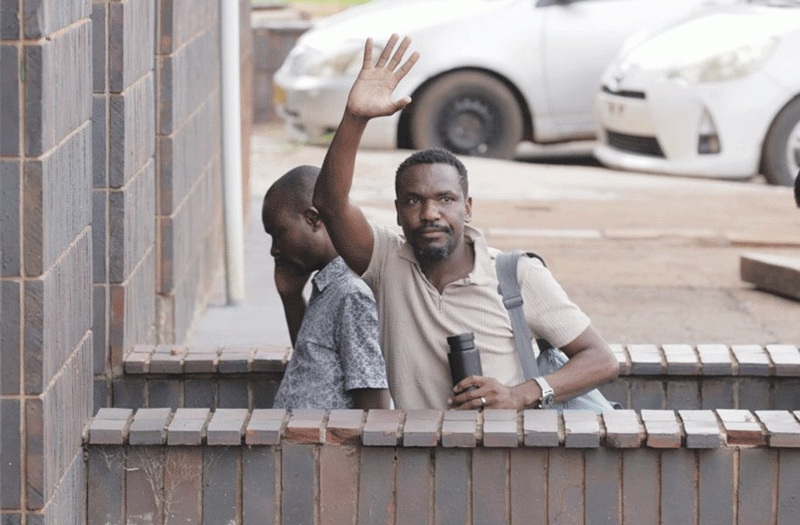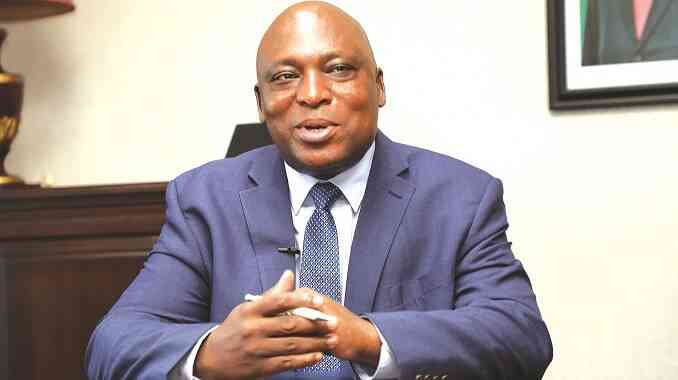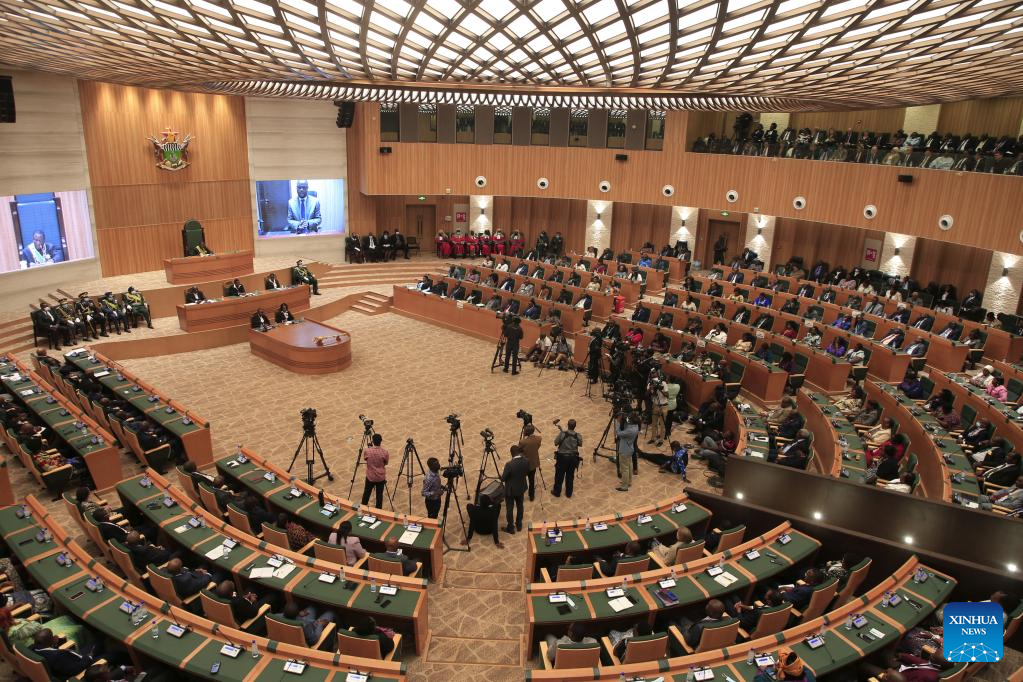
PARTIES to this week’s Zimbabwe debt resolution dialogue piled pressure on Zimbabwe to reconsider the Private Voluntary Organisations Amendment Bill (PVO), arguing it was undermining civil society’s constitutional rights.
It is the latest of several demands that Zimbabwe’s foreign creditors — owed US$13 billion — want carried out as part of a roadmap towards striking a deal.
Officials leading the negotiations indicated last year that the debt clearance plan would only be viable if Zimbabwe dealt with concerns over political and electoralreforms.
They said Zimbabwe had to make firm undertakings to hold free and fair elections,while making sure conditions setunder the Zimbabwe Democracy and Economic Recovery Act — a US law, are also met.
Under the process, Zimbabwe was also expected to do away with multiple exchange rates — the driving force behind a protracted downturn.
Parties to the debt dialogue also said Harare must transfer the central bank’s debt to the government and ensure that all expenditures are accounted for through the national budget.
They also want the Reserve Bank of Zimbabwe to end quasi-fiscal operations.
But this week, the PVO Bill came under sharp focus, as parties returned for the 6th High-Level Structured Dialogue on Zimbabwe’s debt arrears in Harare.
- Zimbabwe needs to rethink economic policies
- Zimbabwe needs to rethink economic policies
- Forex demand continues to fall
- Digital platforms transfer ZW$8tn
Keep Reading
Jobst von Kirchmann, the European Union (EU)’s ambassador to Zimbabwe, reminded the government that civil society was not fighting regulation.
However, he said while consultations had taken place, substantial contributions from civic society had been ignored.
"The PVO Bill today was mentioned several times,” von Kirchmann told delegates.
“I would like to make this pledge to His Excellency, the President, in his wisdom, to reconsider that Bill. My understanding is that civil society is not against being regulated but that should be done in a fair and transparent way. I think consultations have been carried out. Very few of the issues raised by the civil society have been taken into account in the current Bill.
“Now, we have seen that the Bill currently has been sent back to Senate and I also feel that there could be an opening for a discussion between the President and civil society. I understand that civil society representatives have already written to His Excellency and requested a meeting,”
the EU diplomat noted.
Zimbabwe is determined to come up with a law that gives it powers to clip the wings of NGOs.
But this week’s submissions placed President Emmerson Mnangagwa’s government in a trick position.
The administration is equally determined
to deal with its debt overhang, which has elevated the country risk profile and frustrated access to lines of credit.
The PVO Bill’s first version was published
in November 2021, after which it moved through its first reading in the National Assembly in February 2022.
After navigating the parliamentary processes, the Bill was passed by the Senate in 2023.
However, Mnangagwa sent it back to Parliament for reconsideration.
The Bill now awaits the President's signature to become law, having been passed by both the lower and upper houses.
The United States, which had pulled out of the dialogue following Zimbabwe’s disputed polls in 2023, re-joined the discussions.
It emphasised the importance of rolling out governance and economic reforms as
a crucial step for Harare to clear its external debt.
However, von Kirchmann expressed confidence that the envisaged interaction between Mnangagwa and civic society would yield positive results.
“I hope that will actually lead to a Bill which could be acceptable for all parties and that I am sure will also help to bring the relief on civic space up, which is currently down by 50% as I said before."
African Development Bank President Akinwumi Adesina, who is steering the debt clearance process, also implored Mnangagwa’s administration to give civil organisations ample time to register their operations.
"It is also noteworthy that there has been progress on the Private Voluntary Organisations Bill, with inputs requested from the civil society organisations,” he told participants to the dialogue.
“Mr President, as you review the Bill for
your signature, we would like to ask that you kindly consider extending the period for the registration of the CSOs from three
to (between) six (and) nine months; and to also allow already registered CSOs that have lodged their applications to continue to operate until they receive the outcome of their applications.”
Similarly, former Mozambican leader Joaquim Chissano also recommended the government to make extensive consultations with civil society organisations.

